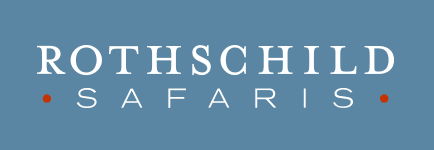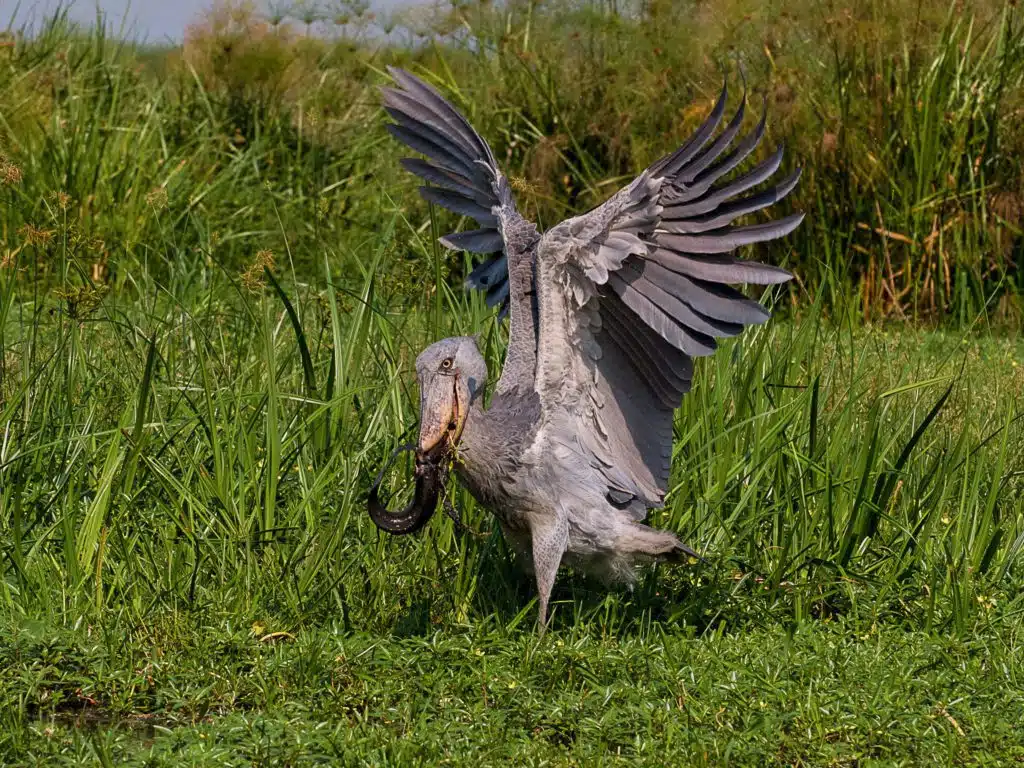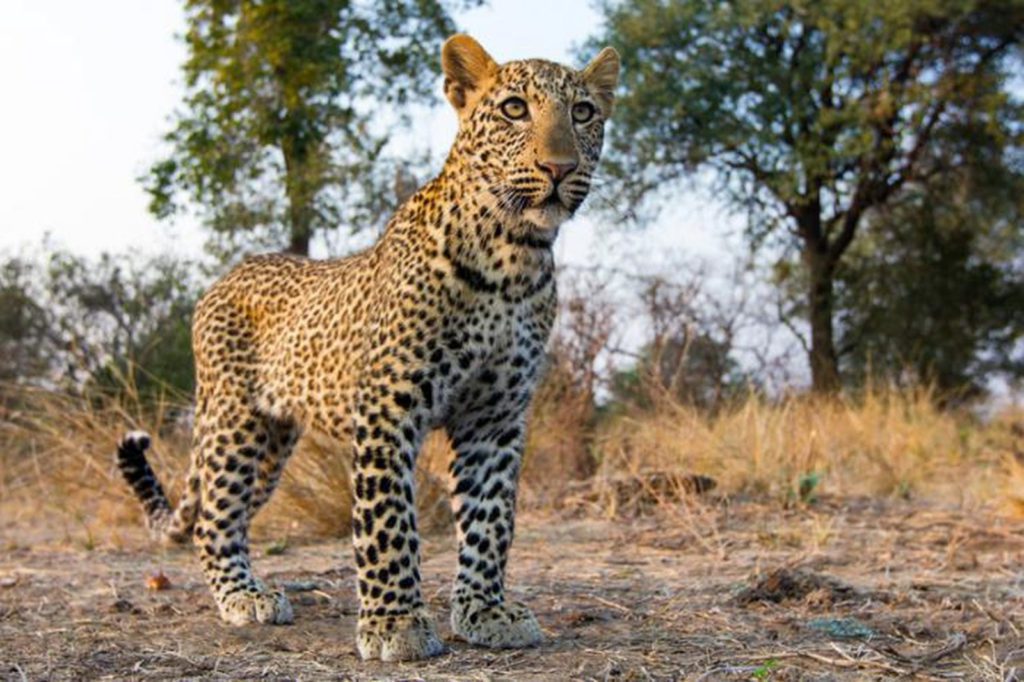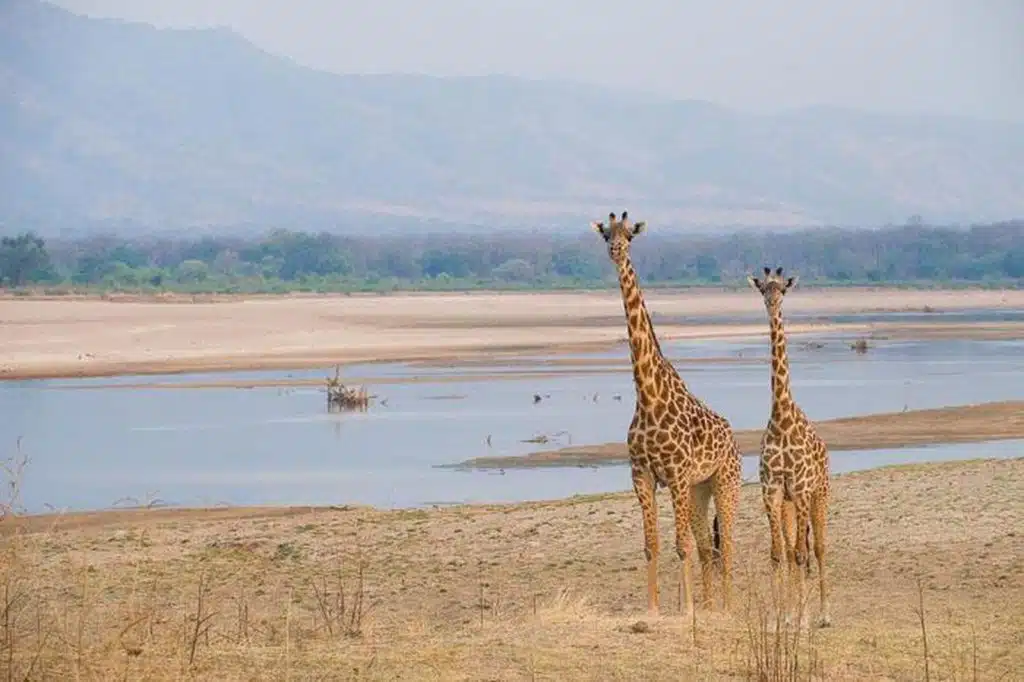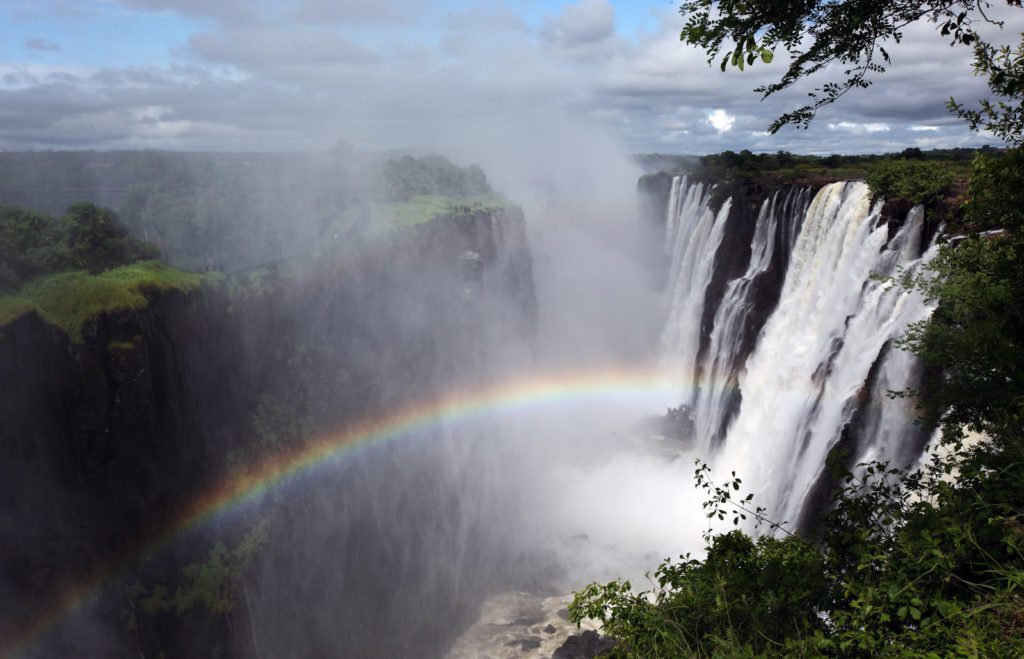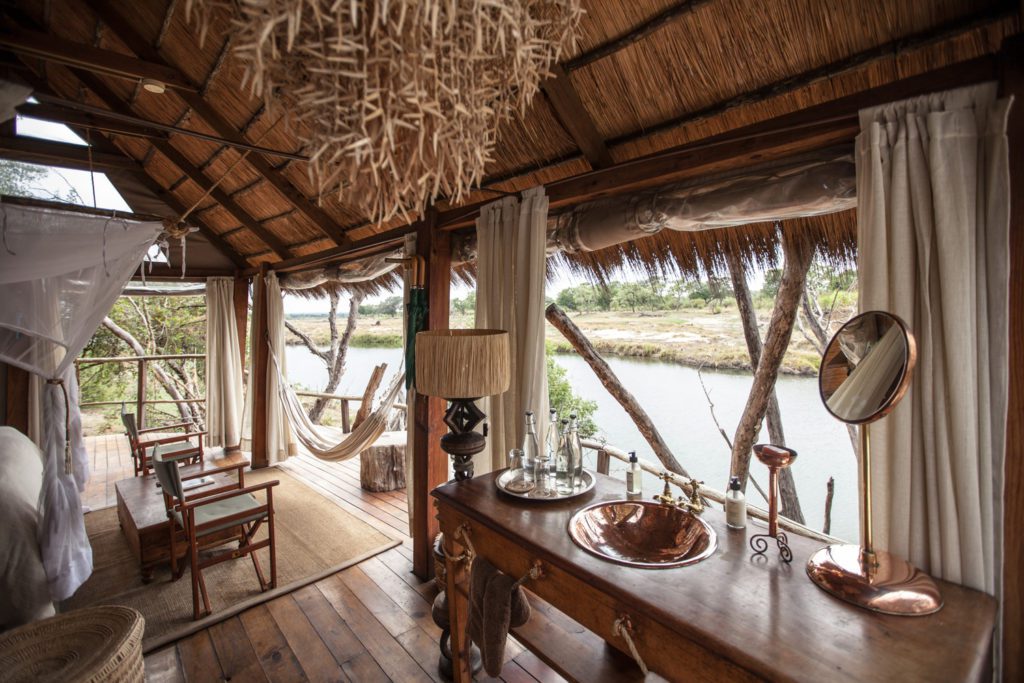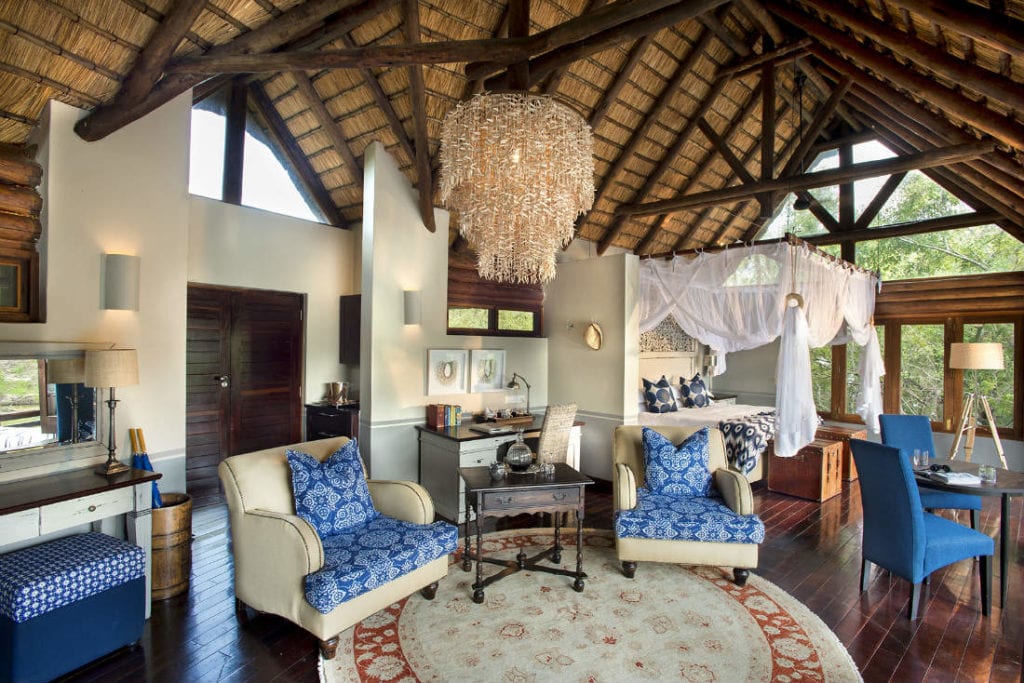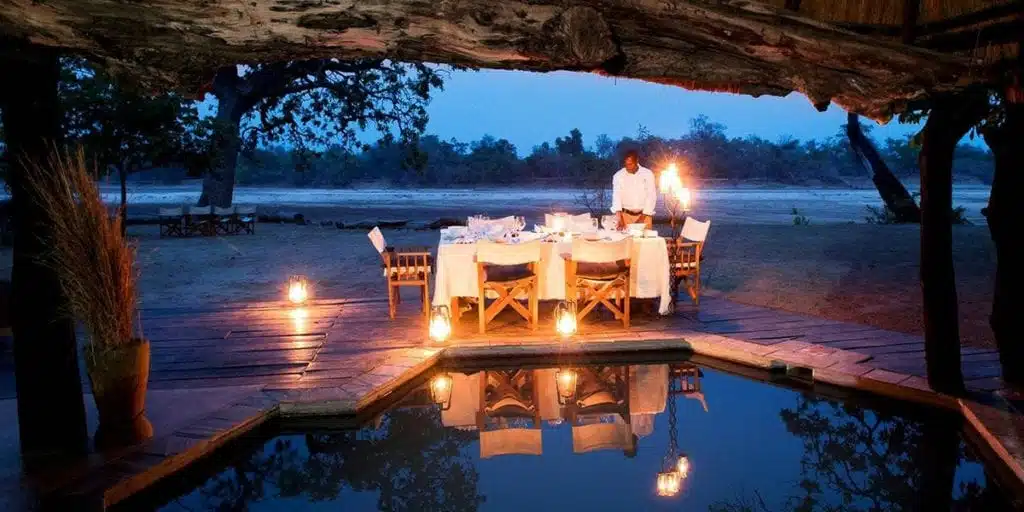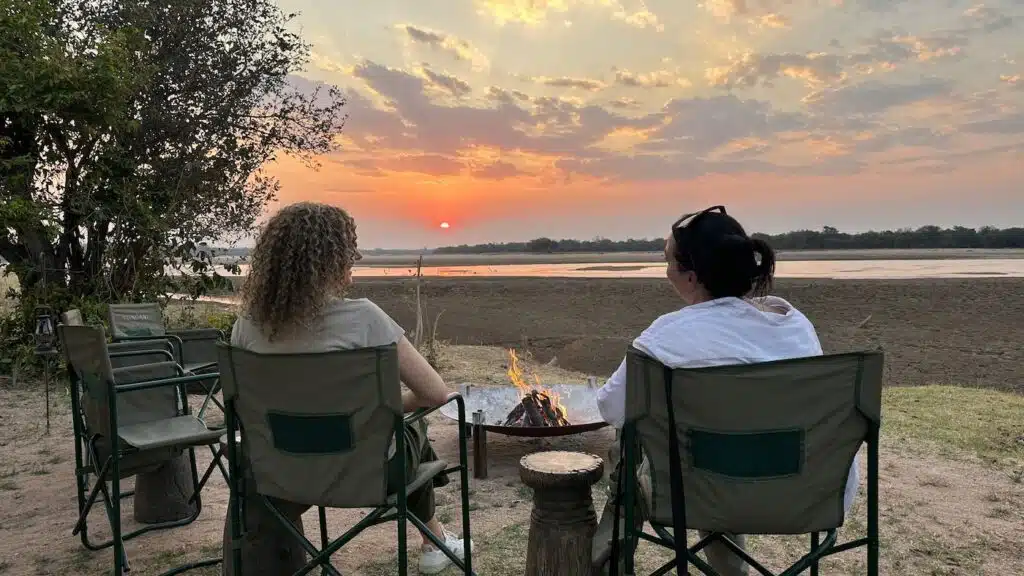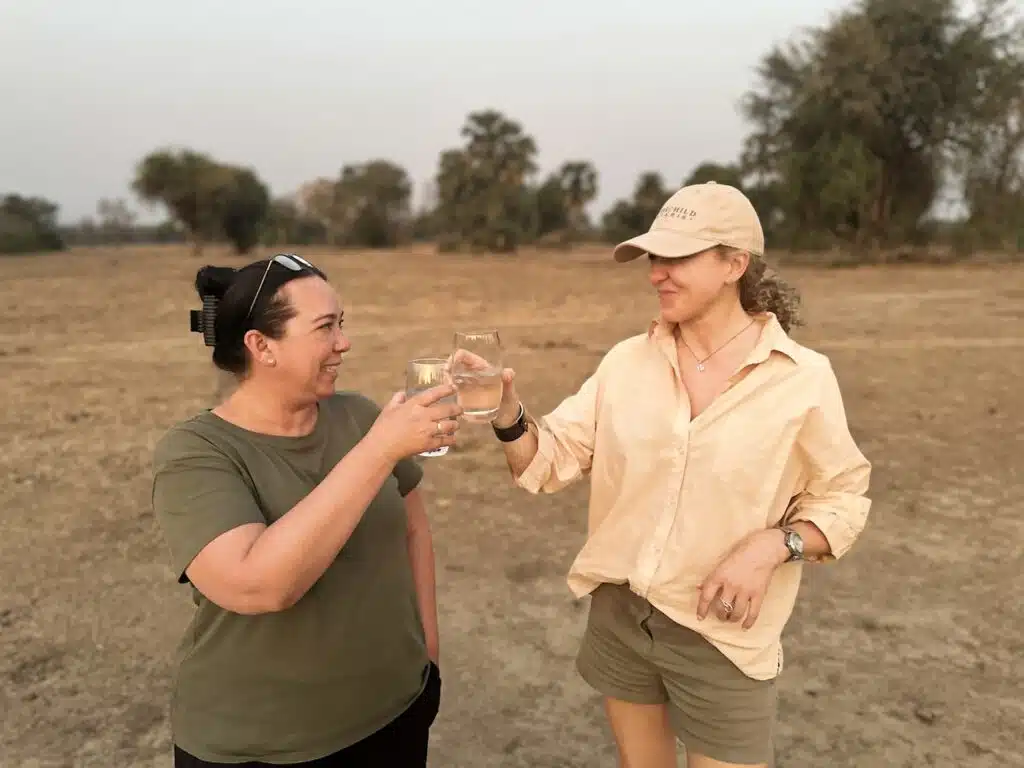HOW LONG SHOULD I SPEND IN ZAMBIA?
Zambia’s diversity often gets a little overshadowed by its most iconic drawcard – Victoria Falls. If this is your sole or primary reason for taking a Zambia safari, then one to three days should suffice. However, we strongly encourage you to explore all the wonderful offerings of Zambia and, in doing so, spend at least a week discovering its many delights.
From quiet, relaxing camps to abundant game drives, tranquil waterways and the excitement of the Falls and its numerous activities, a luxury Zambia safari will keep everyone entertained for many days.
WHEN IS THE BEST TIME TO VISIT ZAMBIA?
The wet season is, unsurprisingly, wet. But such is the level of rainfall that some venues close for the season – between December and March. This time of year should almost certainly be avoided, unless you are an avid birdwatcher, as this period also sees an abundance of flying fauna.
Of the drier months, from May to October are preferable in weather though the latter months can be a little stifling. From April to July, temperatures are far more comfortable, with the advantage of the prior months’ rains continuing to feed Victoria Falls to spectacular magnitudes.
WHAT CAN I EXPECT FROM ACCOMMODATION IN ZAMBIA?
Zambia’s semi-permanent camps, those in the more aquatic regions, have developed a respectable reputation in recent years for their comfort and acute attention to luxurious detail. The camps have a more intimate feel to those in other countries and you will feel attended to on a more personal level. While we have aligned with a range of luxury camps and lodges across Zambia, there are also more rustic camps that are no less worth attending for their uniqueness and location.
Zambia has a large disparity of accommodation options, with several private luxury family lodges on the banks of the Zambezi, reclusive tented camps and much more on offer. More recent developments have given rise to some exceptional accommodations comparable to any in Africa.
OTHER DETAILS:
Visas are required for most visitors and are available upon arrival. The Kaza UniVisa gives you the benefit of being able to enter and travel between both Zambia and Zimbabwe multiple times. Inoculations may be recommended, in addition to a course of anti-malaria medication. We suggest you contact your travel designer or a travel medicine specialist for advice.
International flights will arrive at Zambia’s capital of Lusaka or at Livingstone Airport. The nation is developing its tourism industry rapidly but it still requires organization and knowledge to navigate your way between national parks and destinations. Of course, this will be arranged well in advance by your Travel Designer.
English is predominantly spoken throughout Zambia and you should have no communication difficulties throughout your journey.
While service and hospitality is exceptional and wonderfully personal, gourmet cuisine is not Zambia’s greatest strength. That isn’t to suggest that your food won’t be absolutely divine. Though a la carte may be a little thin on the ground, your talented chefs will create wonderful dishes, even when cooked over an open fire at some of Zambia’s tented camps.
Unconventional, however, is much of Zambia’s appeal. If you are desiring the quintessential safari experience, you may find Kenya or Tanzania more to your liking. What Zambia lacks in the epitome of Africa it more than makes up for in a wonderfully intimate, personal and less populated safari with a deeper connection to the landscapes and environment.
